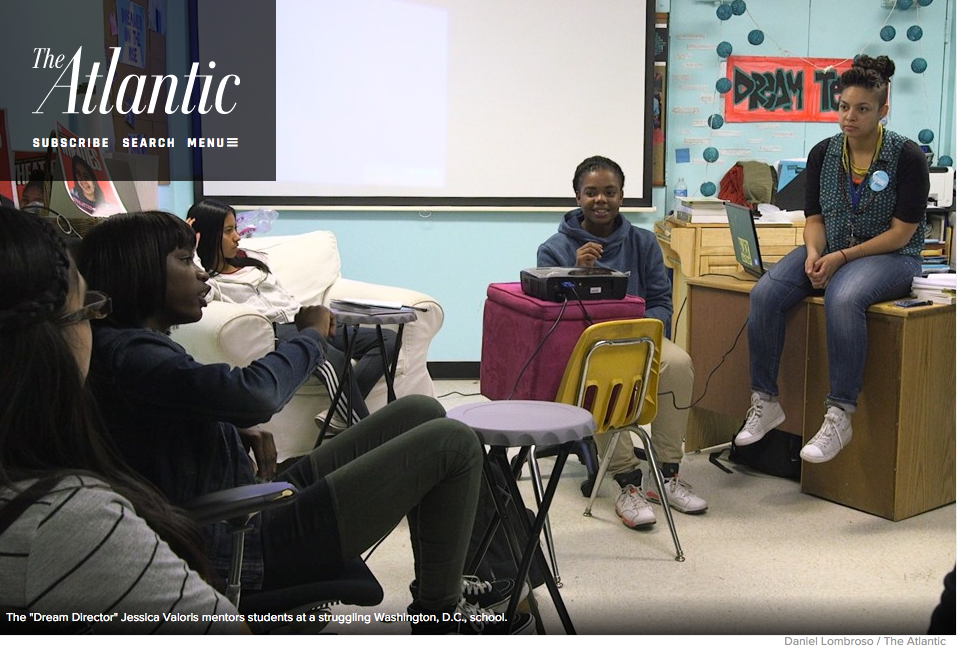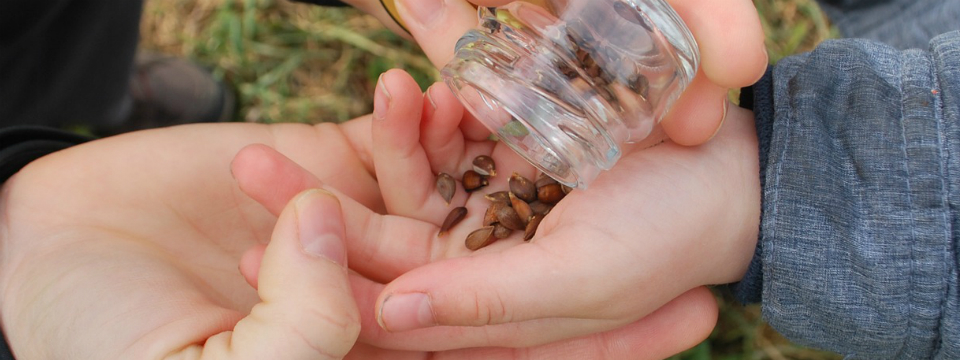New study explores mentor personality and relationship quality: Some surprising results!
Younginer, S. T., & Elledge, L. C. (2021). Mentor personality and attachment as correlates of youth mentoring relationship quality within a school-based mentoring intervention: The moderating role of negative interactions. Journal of Community Psychology, 49(7), 2569–2589. https://doi.org/10.1002/jcop.22654
Summarized by Ariel Ervin
Notes of Interest:
- Given the role mentoring relationship quality has on positive youth outcomes, it’s important to understand how mentor and mentee variables contribute to it.
- Researchers need to understand how mentor variables affect the quality of support mentees receive.
- This lunch buddy intervention study assesses whether mentor personality traits or attachment styles correlate with mentoring relationship quality for youths with elevated aggressive behaviors.
- It also explores whether there are stronger associations when there are higher levels of negative mentor-mentee interactions.
- Findings indicate that mentoring dyads were less likely to perceive their relationship positively when a) mentors are agreeable and b) when there are fewer negative interactions.
- It might be helpful for youth mentoring programs to examine the personality tendencies of mentors during the screening and matching processes.
- Including education on how stress can affect personality tendencies during training can help lower the detrimental effects on youth mentorships.
Introduction (Reprinted from the Abstract)
Aims: Mentor relationship quality is considered a mechanism linking youth mentoring to positive developmental outcomes. It is important to understand the factors that promote high-quality youth mentoring relationships. The current investigation examined whether certain mentor characteristics were associated with youth mentoring relationship quality.
Method: Children (n = 55) were participating in an efficacy trial of a lunchtime mentoring program for aggressive children. Children received two different mentors over the course of an academic year, resulting in 104 unique mentoring dyads. Analyses examined the unique and interactive influence of mentor personality, attachment style, and negative interactions within the mentoring relationship on mentoring relationship quality.
Results: For both child- and mentor-reported relationship quality, negative interactions moderated the association between some dimensions of mentor personality and relationship quality.
Conclusion: Understanding the influence of mentor personality and attachment tendencies on mentoring relationships requires an appreciation for the context of the mentoring relationship and broader goals of the mentoring intervention.
Implications (Reprinted from the Discussion)
The present study sought to address whether mentor personality or attachment was associated with mentor and mentee perceptions of the mentoring relationship quality. Mentors in this study were paired with elementary school children who were identified as exhibiting aggressive behaviors. The mentoring intervention was embedded in the school cafeteria. It was hypothesized that the personality dimensions of Agreeableness, Conscientiousness, Extraversion, and Openness to Experience would be positively associated with relationship quality postmentoring while the personality dimension of Neuroticism would be negatively associated with relationship quality postintervention. Furthermore, it was hypothesized that having an Anxious or Avoidant attachment style would be negatively associated with relationship quality postintervention. Also examined was whether the association between mentor personality tendencies and attachment style and mentoring relationship quality was moderated by negative interactions (i.e., conflict and disagreement) within the mentoring relationship, with the hypothesis that negative interactions would moderate the association between mentor Neuroticism, as well as Avoidant and Anxious attachment tendencies, and overall mentoring relationship quality.
The investigation provided partial support for hypothesis one. Agreeableness and Extraversion were associated with the perception of mentoring relationship quality. Interestingly, for both Extraversion and Agreeableness, the salience of the personality tendency varied by report-source. Mentees perceived the relationship to be of higher quality when their mentors scored higher on Extraversion. In the context of a school lunchroom where children are often engaging in playful conversation, youth may find it easier to establish a relationship with mentors who are talkative, energetic, and outgoing. These personality qualities align well with children’s social goals at the lunch table. Youth may view the mentoring relationship more positively when an extroverted mentor creates a fun and supportive environment for their mentee. We also found that Agreeableness was negatively associated with child-reported relationship quality. Individuals scoring high on Agreeableness are often compliant, forgiving, warm, sympathetic, and not demanding. Mentors with this personality style may have behaved in ways that were perceived by youth mentees as lacking opinions or preferences. It is possible that a highly agreeable mentor leaves mentees’ feeling uncertain or confused regarding how the mentor actually feels about them or the mentoring relationship. It is important to note that these findings did not hold for mentor ratings of relationship quality.
Inconsistent with hypothesis one were the findings that the personality dimensions of Conscientiousness, Neuroticism, and Openness to Experience were not associated with child- or mentor-reported mentoring relationship quality. We also did not find evidence to support hypothesis two- neither mentor Anxious nor Avoidant attachment was associated with mentoring relationship quality. Thus, we did not replicate the findings from Cavell et al. (2020) that mentor Openness to Experience is associated with mentor perceptions of more positive relationship outcomes, and mentor Avoidant attachment style is associated with mentor perceptions of negative relationship outcomes.
To access this article, click here.










